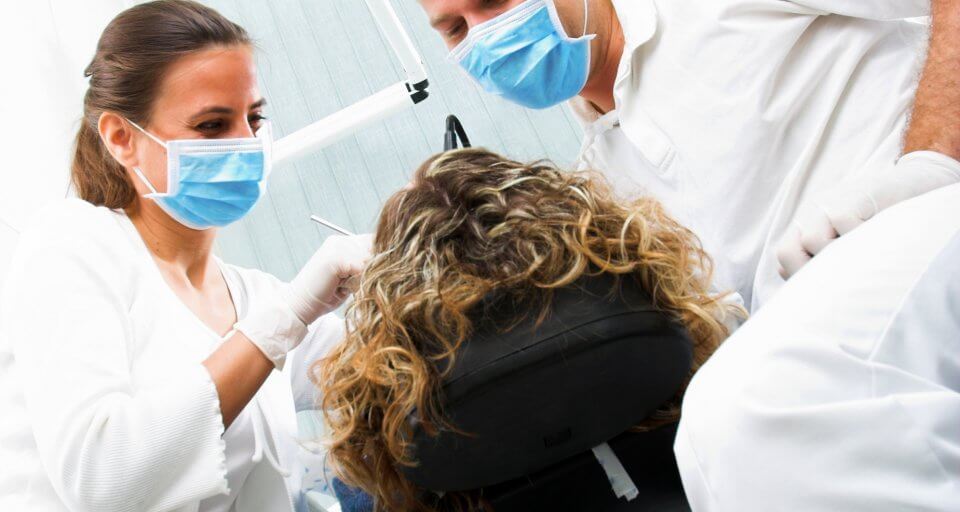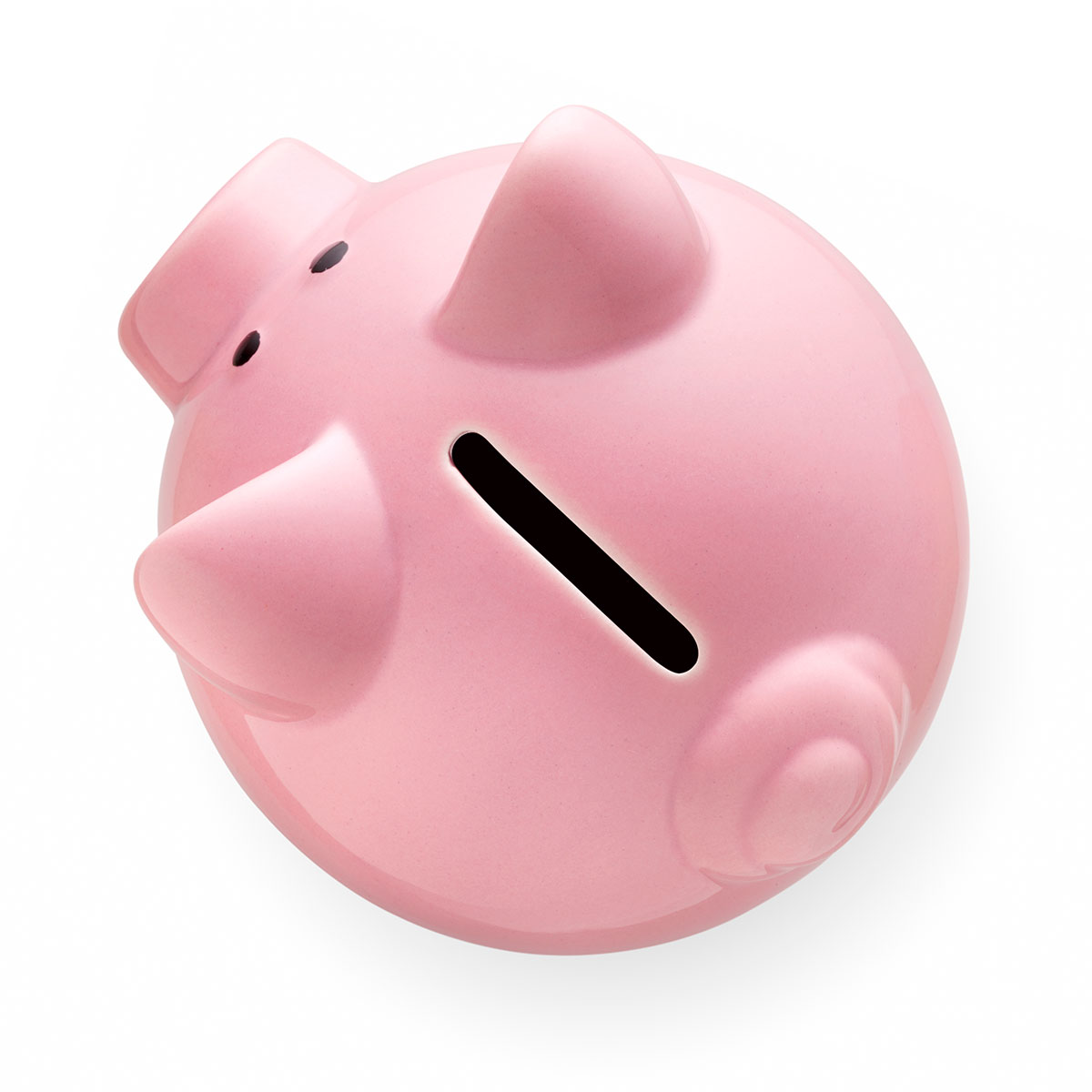Most of us, if not all of us, can think of one hundred other things we would like to do than go to the dentist. Let alone have a tooth pulled. The term alone sounds intimidating, but the reality is that it’s a very common, safe and quick procedure with a fast recovery time.
What is a tooth extraction?
A tooth extraction is simply when a tooth is removed, or pulled, from its socket in the bone. The type of extraction you’ll need depends on if your tooth is impacted or erupted. An impacted tooth is one that has not pushed through the gum line. Don’t let the term erupted frighten you. It just means the tooth has grown in and is fully emerged, like it should be. In fact, an erupted tooth is actually easier and less expensive to treat. Sounds better already, doesn’t it?
A regular dentist can extract an erupted tooth with local anesthesia as long as it isn’t broken. However, if the tooth is broken or not fully emerged from the gum, you will be referred to an oral maxillofacial surgeon who will need to sedate you to remove it. This procedure is known as a surgical tooth extraction.
How do you know if you need a tooth extraction?
The only way to know for sure if you need to have a tooth extracted is by visiting your dentist or oral maxillofacial surgeon. They will examine your teeth and take x-rays to determine the best treatment plan for you.
Some indicators that you should see a dentist and may need to have a tooth pulled include:
- Baby teeth that haven’t fallen out
- Extra teeth causing a crowded mouth
- Broken teeth
- Decayed or infected teeth
- Impacted and erupted wisdom teeth
- Periodontal (gum) disease
- Loose tooth from injury
What to expect after having a tooth extracted
You will likely have some pain and swelling after a tooth extraction, but nothing that some pain medication and an ice pack won’t help. You can expect more discomfort and longer-lasting discomfort with a surgical tooth extraction, than with a simple extraction, since the process is more involved.
Slight bleeding from the socket where the tooth was pulled is also normal after an extraction. But avoid the temptation to rinse your mouth out for at least 24 hours. A blood clot is forming in the socket to protect your nerves, and rinsing your mouth will only irritate or dislodge the clot. Once 24 hours has passed, you can gently rinse your mouth with warm salt water up to four times a day. This will help keep the socket clean and aid in healing.
How long does a pulled tooth take to heal?
As with anything else, the recovery period is different for everyone. Be sure to follow your dentist’s or oral maxillofacial surgeon’s instructions carefully, so that you don’t risk any complications that could prolong recovery.
Generally speaking, it could take a few days to a week or more for the swelling and discomfort to completely subside. But, you should gradually and steadily get better day by day. The amount of time it takes for the bone and soft tissue to fully heal however, can take up to six months.
Tooth extraction cost
CostHelper.com reports the following costs of tooth extraction. As you can see, it varies widely depending on the type of extraction that needs to done.
- Simple extraction: $75 to $450
- Emergency simple extraction: $300 to $450
- Surgical extraction: $150 to $650 or more
- Erupted wisdom teeth: $75 to $200 per tooth
- Impacted wisdom teeth: $225 to $600 per tooth, or $1,000 or $3000 for all four at once
If you have dental insurance and the extraction is considered medically necessary, most plans will cover between 70% and 80% of these costs assuming you have met your deductible and haven’t exceeded your policy’s annual spending limit.
Save on tooth extraction costs with a dental savings plan
If you don’t have dental insurance and need to get a tooth extracted, a dental savings plan is worth looking into. Instead of paying each month for dental coverage, you make one annual payment just like you would with a wholesale club membership. Before choosing your plan and paying the annual fee, you can compare different dental plans available in your area to find the one that works best for you. Since more than 100,000 dentists participate in the dental savings plan networks, you’ll have no problem finding one. Plus, you can even see a cost comparison of how much you’ll save per dental procedure by using a dental savings plan.
Plus, whereas dental insurance doesn’t cover cosmetic dental extractions, a dental savings plan will. In fact, you’ll receive lower dental rates on all of these services:
- Basic/preventative
- Restorative
- Orthodontics
- Cosmetic
- Dentures/Implants
- Oral surgery
We’ve given you a lot of information to chew on and hopefully provided you some insight into what a tooth extraction is all about. If you think you may need to have a tooth pulled, make an appointment as soon as possible with your dentist.







